Today there’s a lot of news from Europe.
Ukraine’s pursuit of EU membership gained momentum with the historic opening of accession negotiations, marking a pivotal step toward integration. Despite facing many challenges on both internal and external fronts, Ukraine’s journey towards full EU membership shows significant progress.
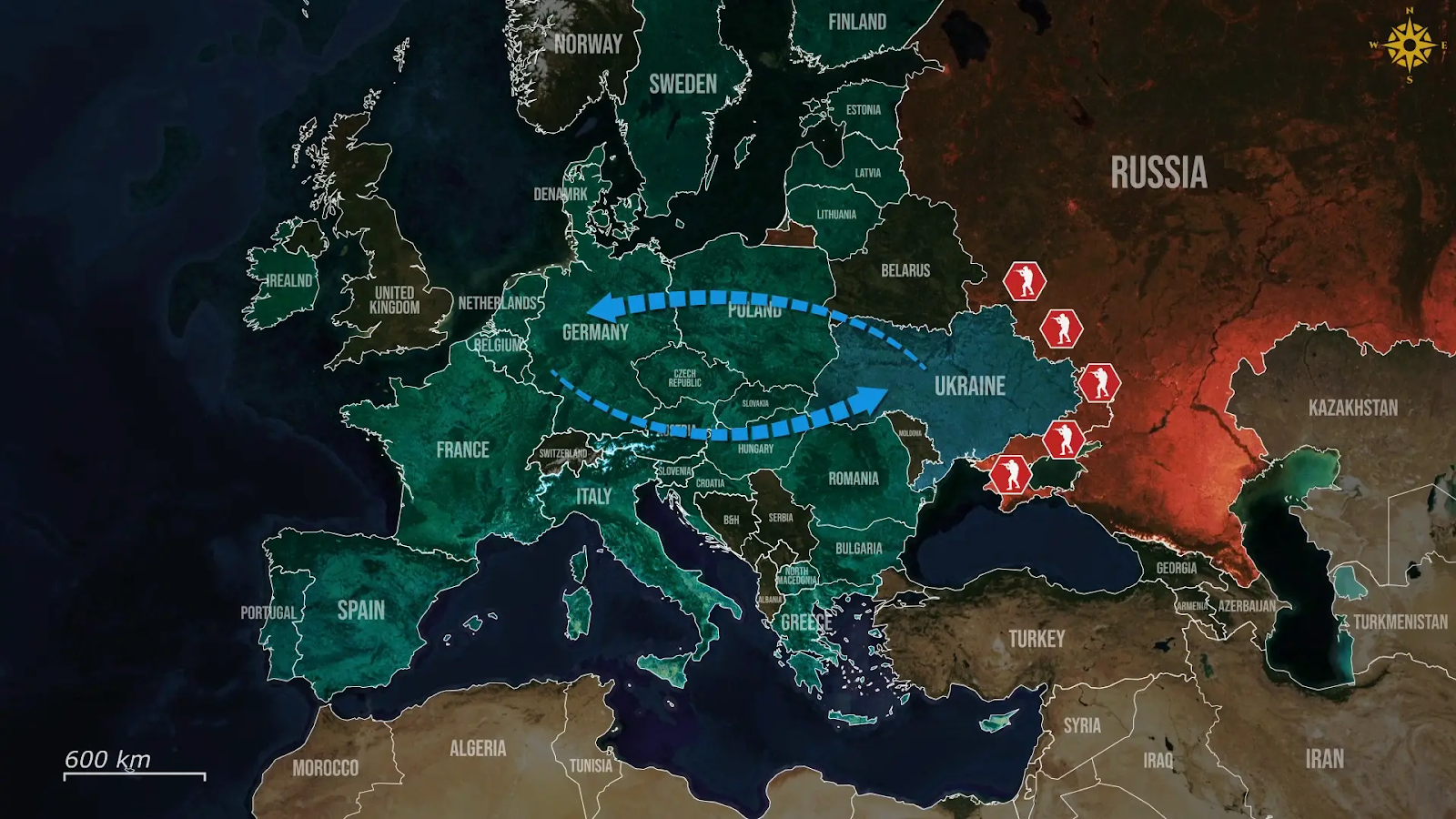
Recently, the European Commission’s first annual report on the Ukraine Facility marked a significant milestone in Ukraine’s EU membership journey, commending the country for completing about one-quarter of its 2024 reform agenda. The Ukraine Facility is a pivotal instrument within the European Union's strategy to address the challenges that Ukraine faces following Russia's war of aggression. Reforms in energy, transparency, and anti-corruption measures unlocked 19.6 billion euros in grants and loans, with at least 20% allocated to local municipalities, serving as a financial engine to accelerate EU alignment and boost wartime economic stability. These achievements were built on Ukraine’s long-standing EU aspirations dating back all the way to the 2014 Euromaidan Revolution, which demanded closer European integration.
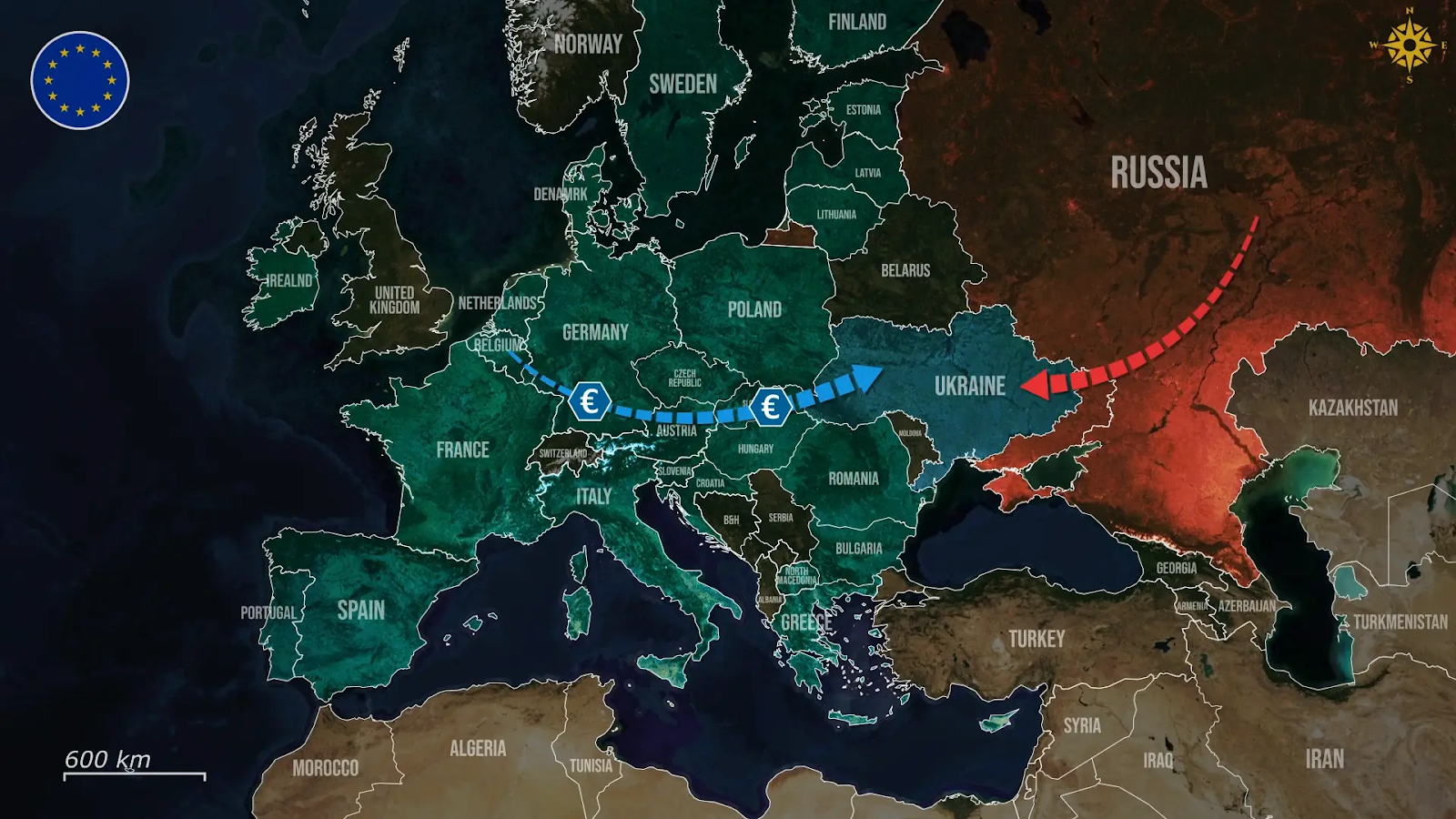
The 2014 Association Agreement laid a critical step towards integration, however the process was significantly sped up by the 2022 full-scale invasion by Russia. With Ukraine applying for membership on the same month, beginning accession negotiations on June 25, 2024.

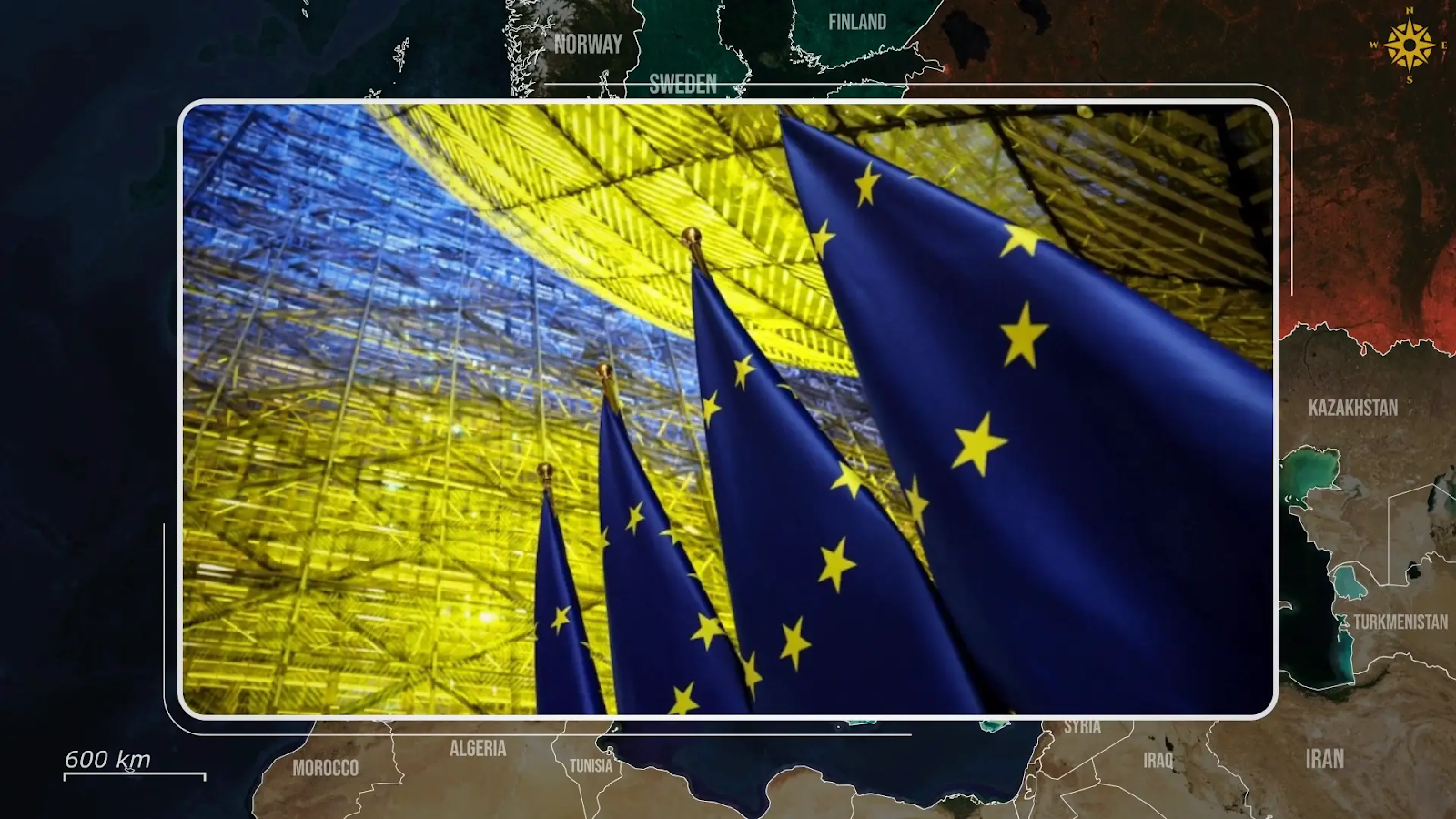
Ongoing bilateral screenings, set to conclude by autumn 2025, further highlight Ukraine’s march towards full EU integration. Ukraine’s integration into the EU would yield significant economic benefits, leveraging its vast resources and strategic position.
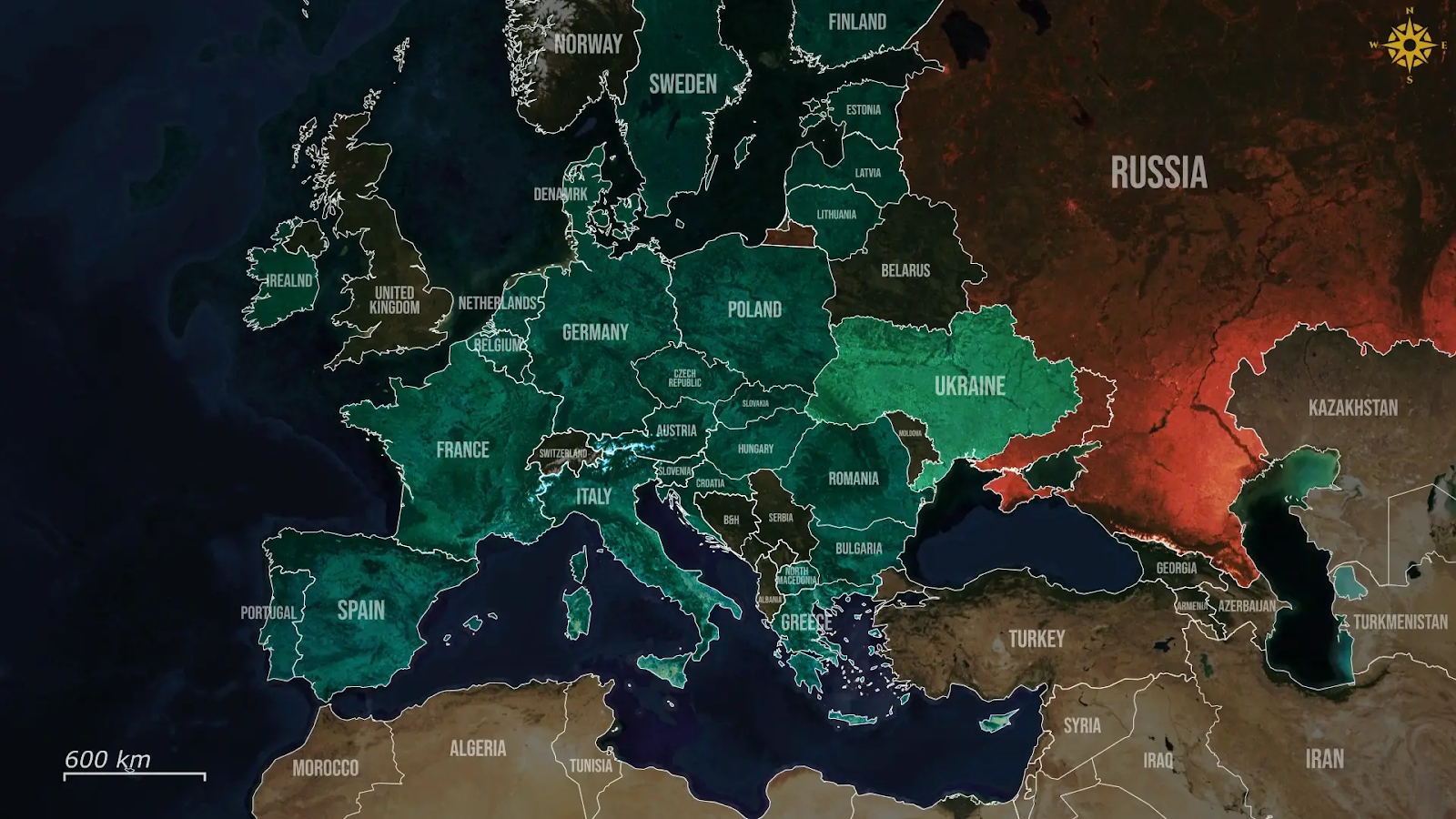
As the second largest agricultural exporter in Europe pre-war, Ukraine could enhance the EU’s food trade balance, reducing its reliance on imported grains and oilseeds, potentially making the bloc a net exporter in these goods internationally. Its energy sector offers up to 10 billion cubic meters of gas storage, representing around 10% of the EU’s total capacity.
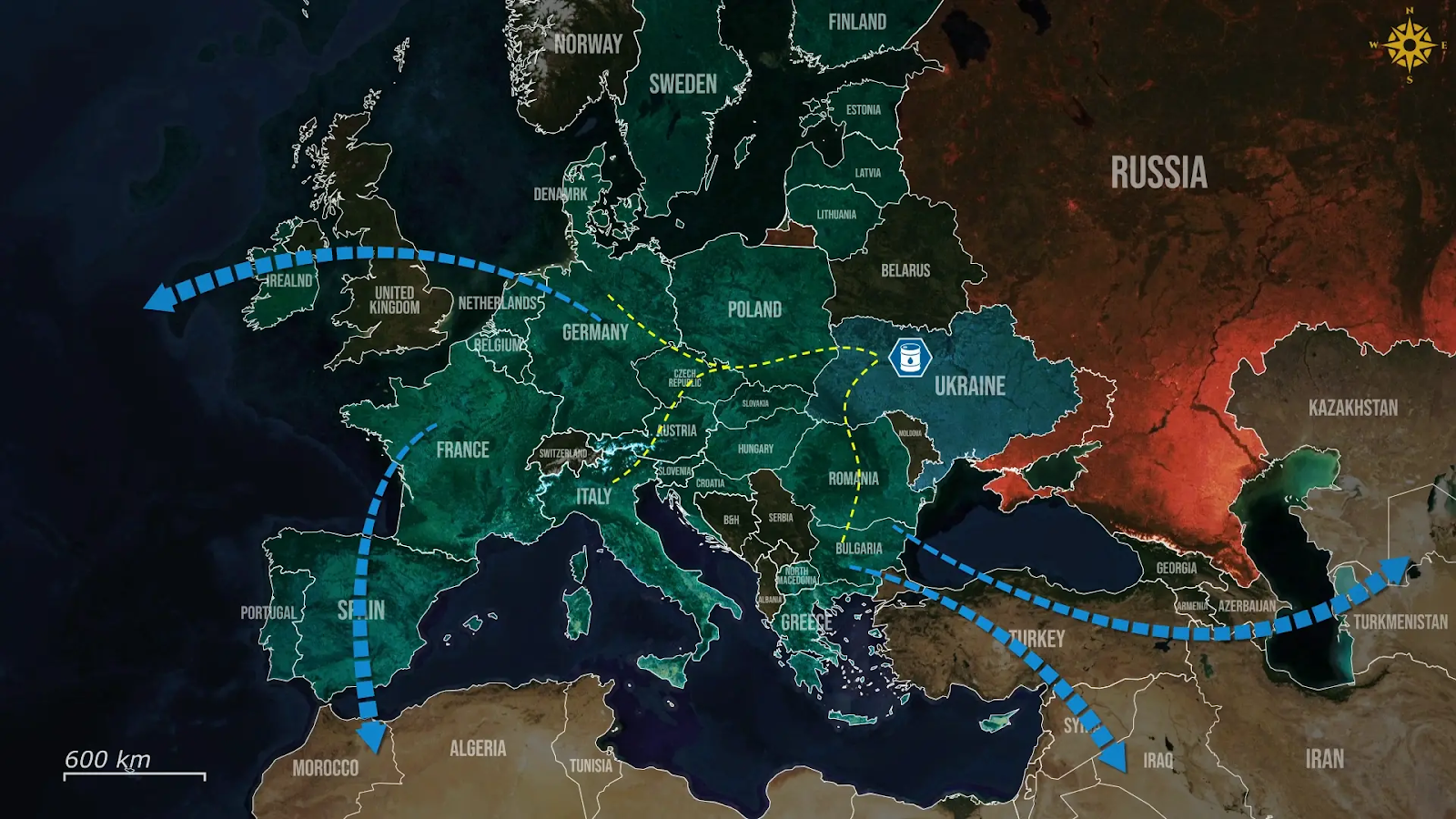
Accession could increase Ukraine’s GDP through reforms and market access, with spillover effects boosting trade, foreign direct investment, and job growth in the Intermarium area of eastern Europe excluding Russia and Belarus. New transport corridors, such as expanded rail and road links, would integrate Ukraine’s steel sector, boosting EU-wide growth.
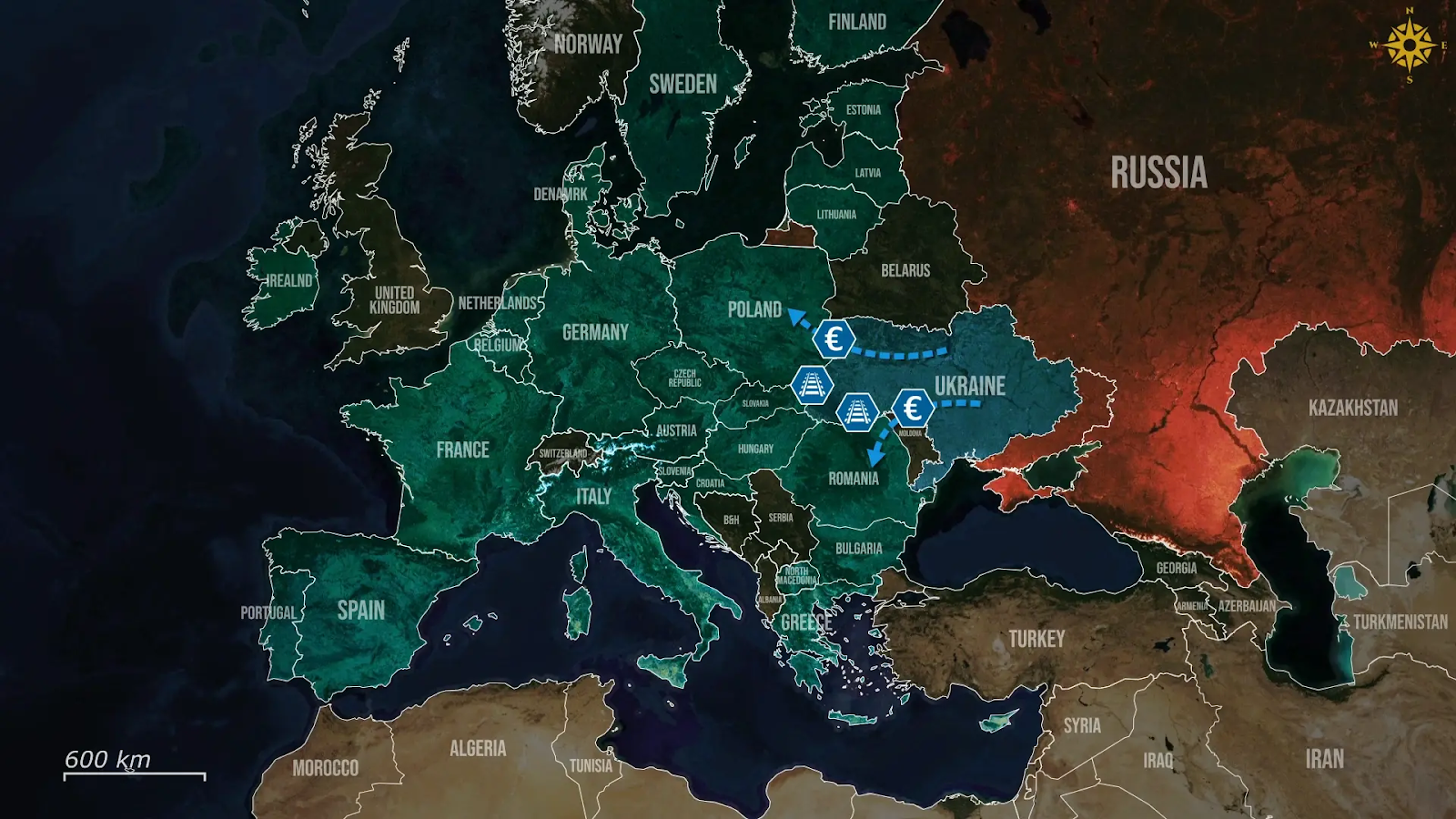
However, challenges include high costs, with Ukraine’s large population and war-torn economy potentially requiring hundreds of billions of euros in aid and investment. Agricultural integration may disrupt EU farmers, necessitating Common Agricultural Policy reforms to eliminate area-based subsidies.
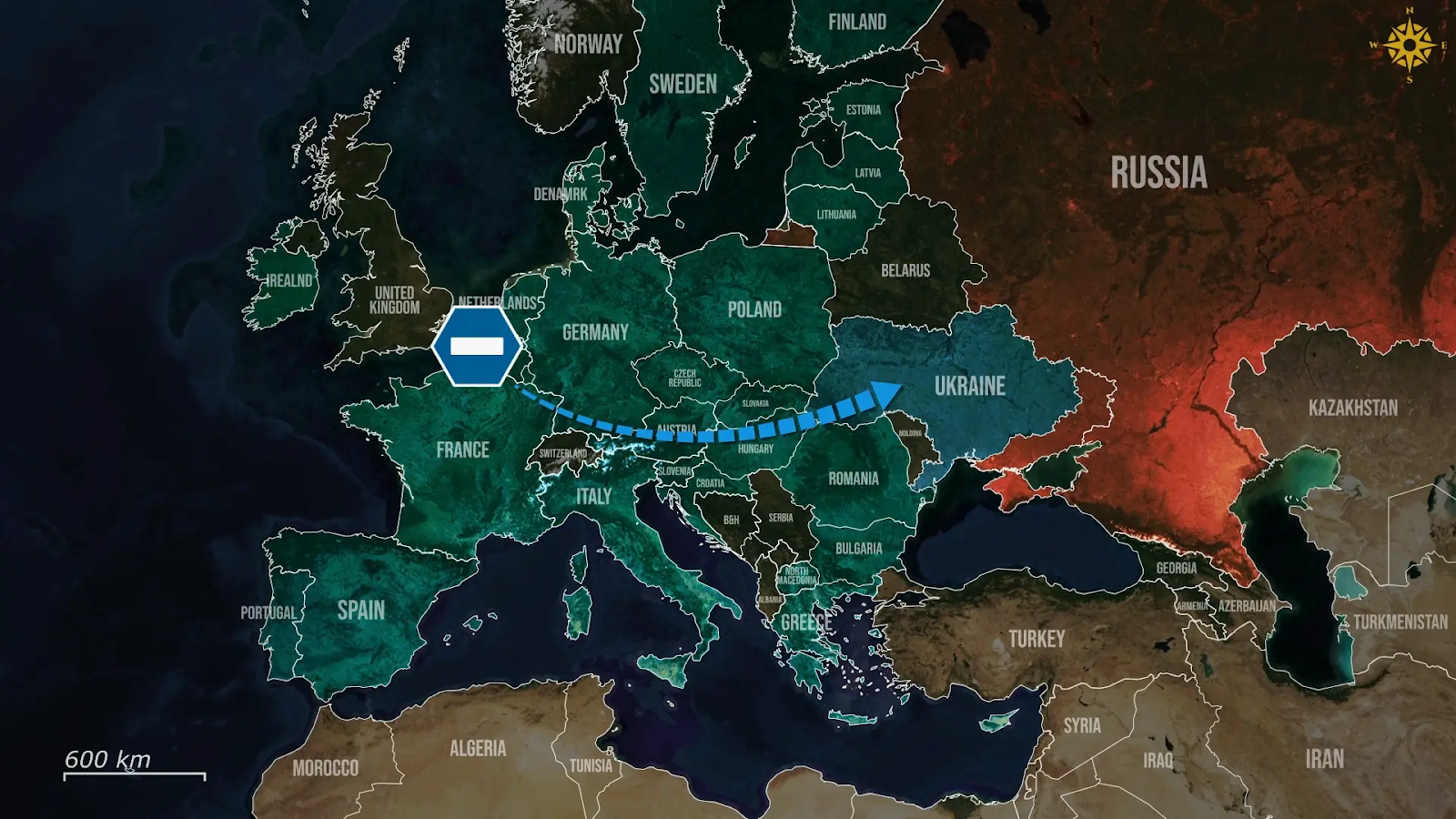
The war risks supply chain and demographic strains as well. These are being addressed by the EU modernizing its Common Agricultural Policy for sustainability, and Ukraine advancing anti-corruption measures, export diversification, and governance to align with EU standards. The Polish Economic Institute reports that the EU’s GDP is projected to grow by 26% following Ukraine’s possible accession to the union.
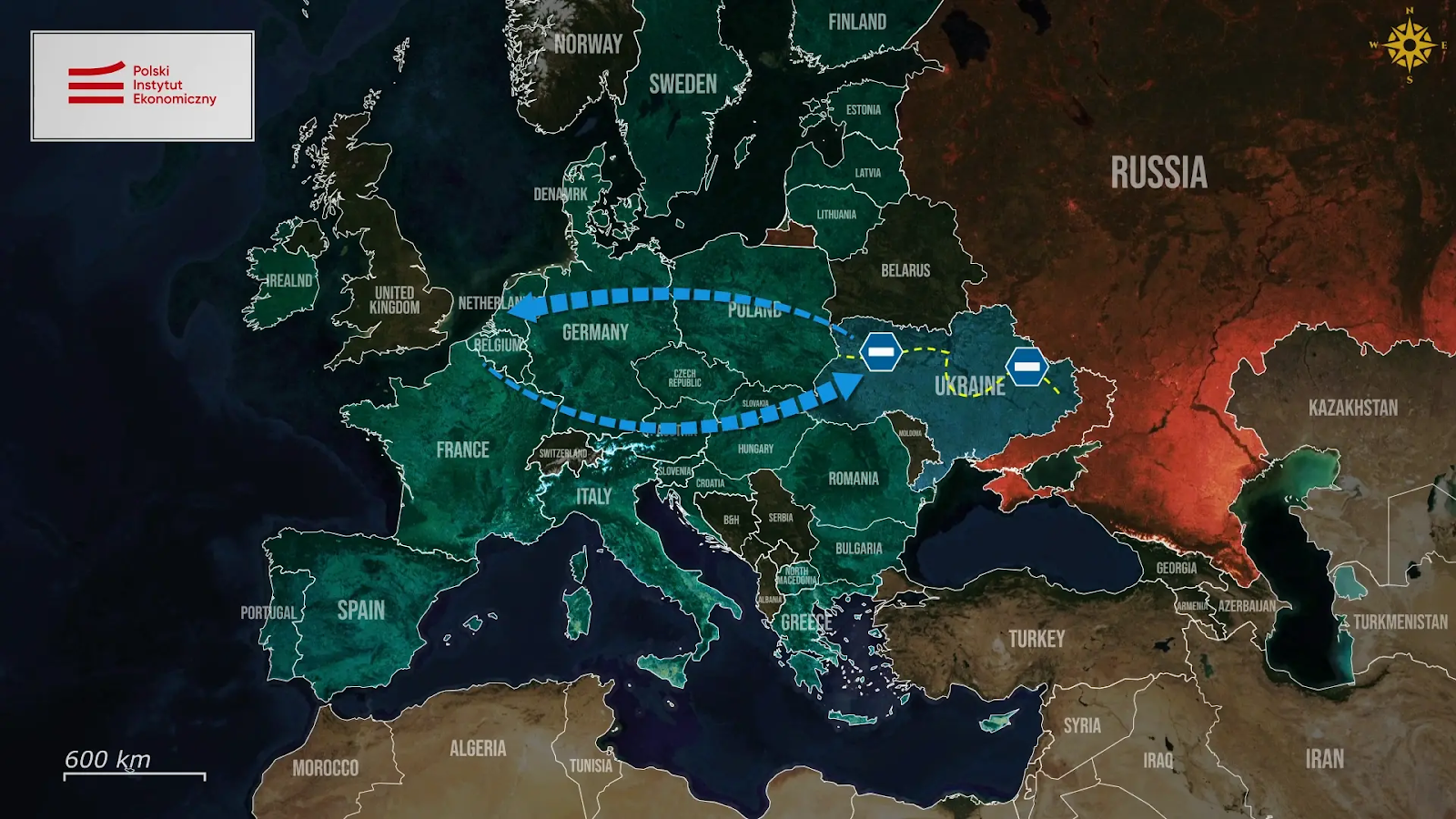
Ukraine’s path to EU accession encounters significant hurdles and obstacles, driven by internal and geopolitical factors. The war with Russia remains the primary and most important obstacle, disrupting reforms, straining the economy, and raising EU concerns about a potential escalation of the war if Ukraine joins before any peace agreements have taken place. Internally, Ukraine must tackle persistent corruption, judicial independence, and compliance with EU standards across all relevant fields, with wartime pressures slowing the progress despite advances in areas like public administration and anti-corruption. On the EU side, enlargement fatigue, reconstruction costs potentially exceeding 100 billion euros, and the need for reforms, hamper a general consensus among member states.
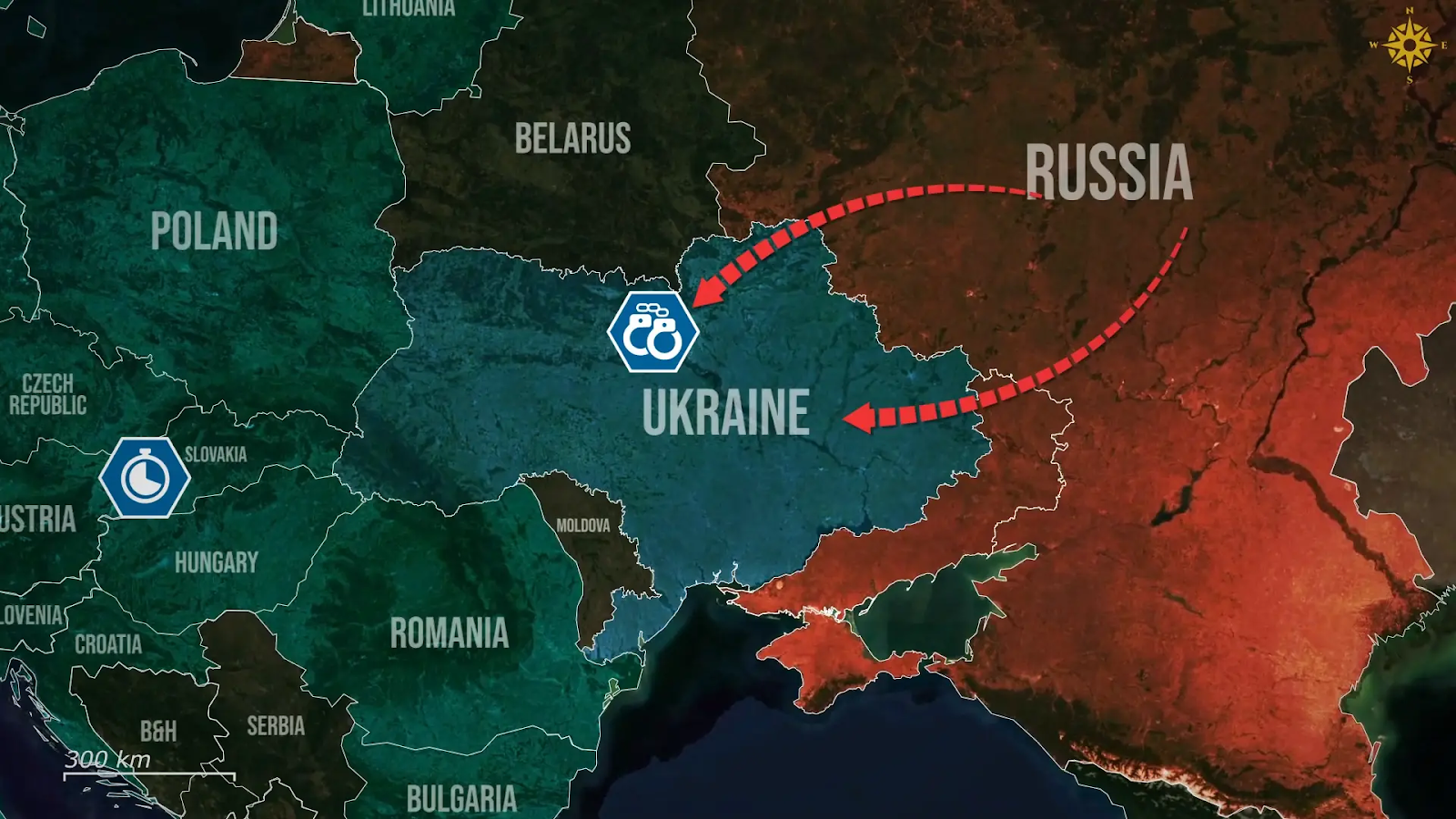
Hungary has emerged as a major impediment, leveraging its veto power to block steps like Cluster 1 negotiations in 2025, citing ethnic Hungarian rights for its minority in the Transcarpathian region, economic costs, and the desire for Ukraine’s role as a Russia-EU buffer state. Prime Minister Viktor Orbán’s veto threats are generally rooted in domestic priorities and tensions with Brussels, delaying progress and eroding Ukrainian trust in the EU. Ukraine has since met Hungarian concerns through legislative adjustments on minority rights and bilateral talks, while the EU’s negotiations with Hungary seek to address the veto challenges.
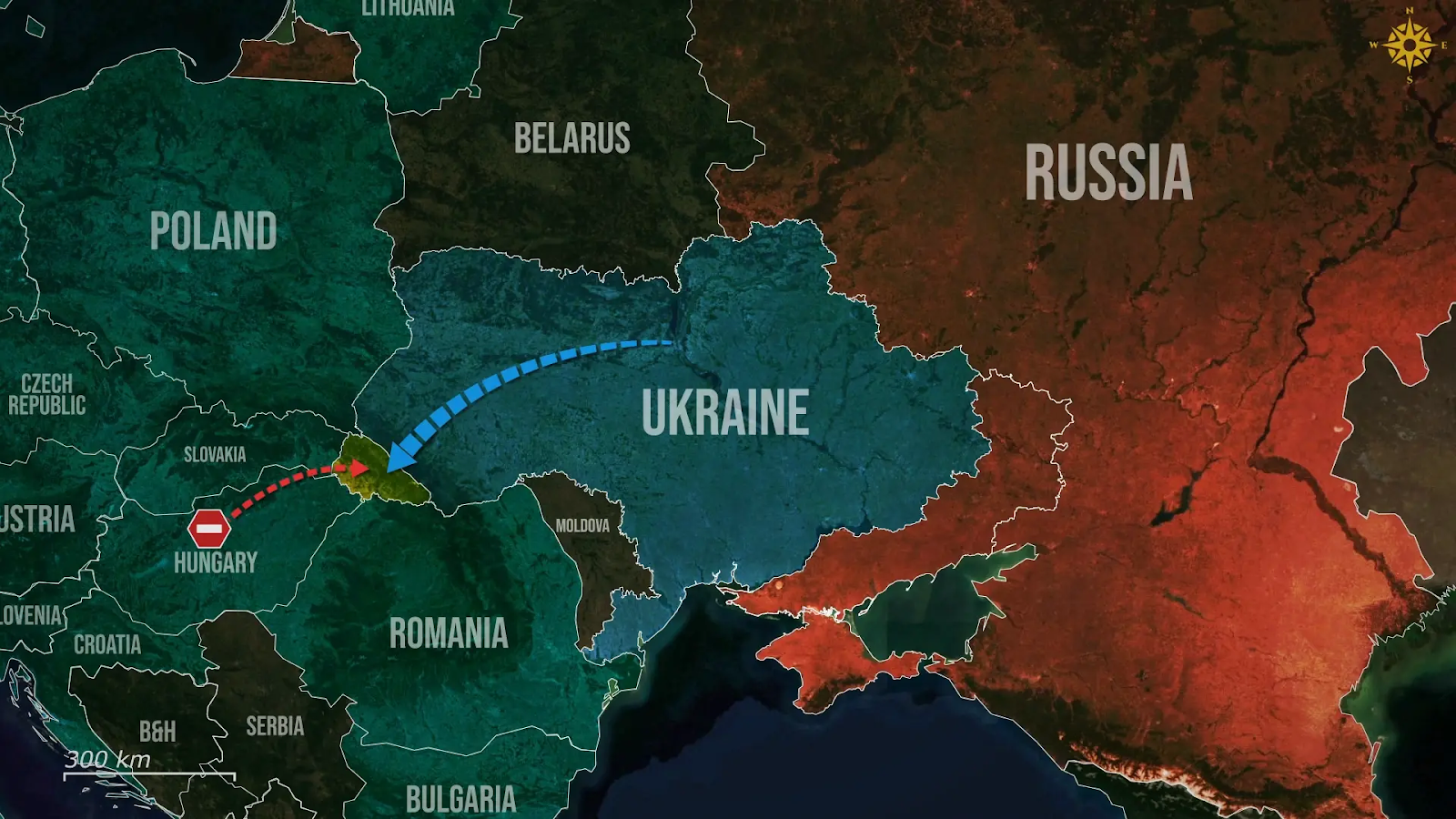
Overall, Ukraine’s EU accession journey highlights a major transformative opportunity for both parties, promising enhanced economic resilience and future geopolitical stability for both the EU and Ukraine. Its agricultural and energy contributions, alongside untapped potential GDP growth, could redefine the EU’s worldwide market dynamics and internal energy security, while facilitating further European integration. However, persistent challenges like the ongoing war and Hungary’s vetoes highlight the need for diplomatic ingenuity and EU institutional reform to sustain the current momentum. These developments signal that Ukraine’s integration is not just an enlargement process but a catalyst for reimagining the EU’s cohesion and global influence.
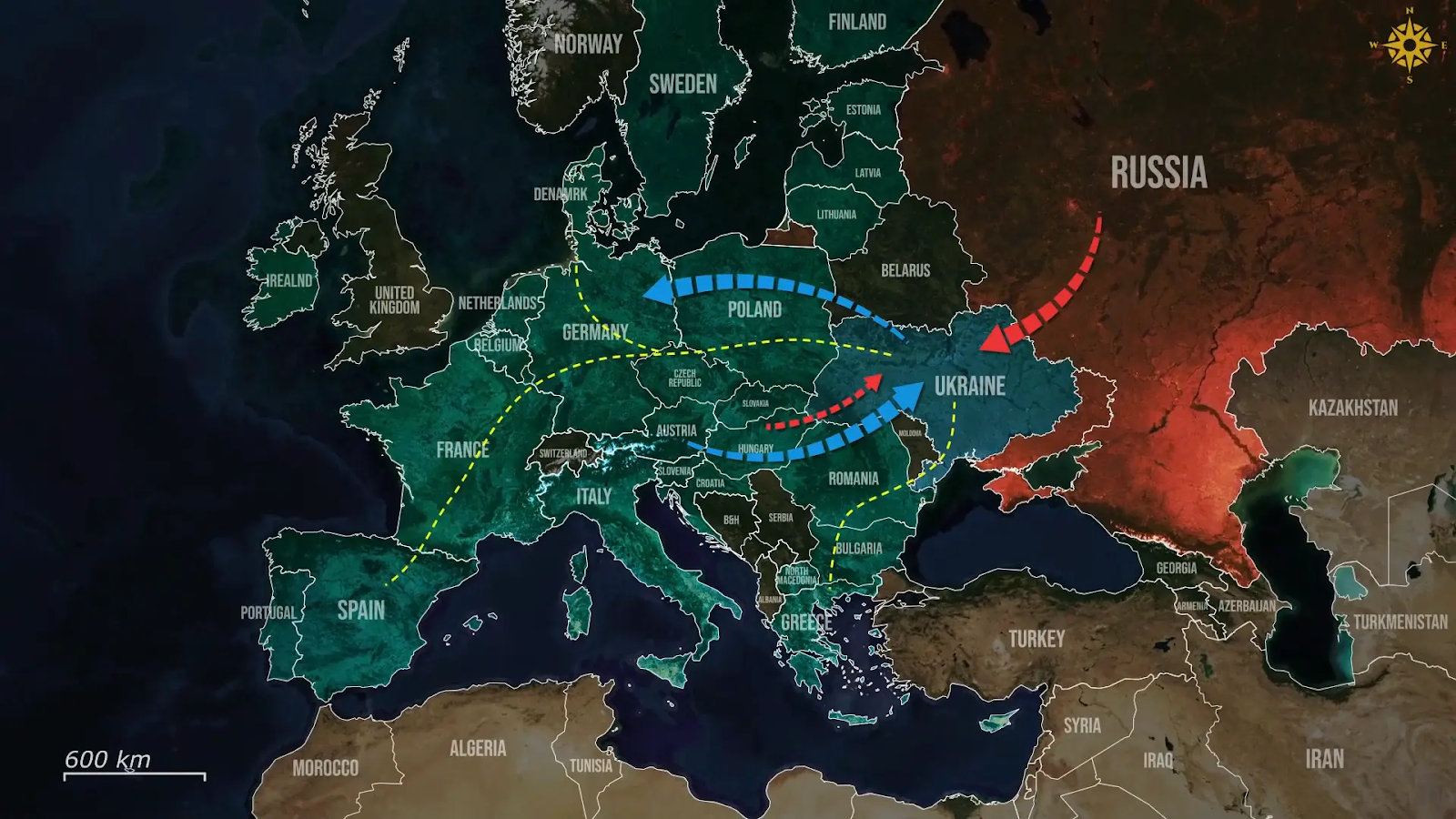

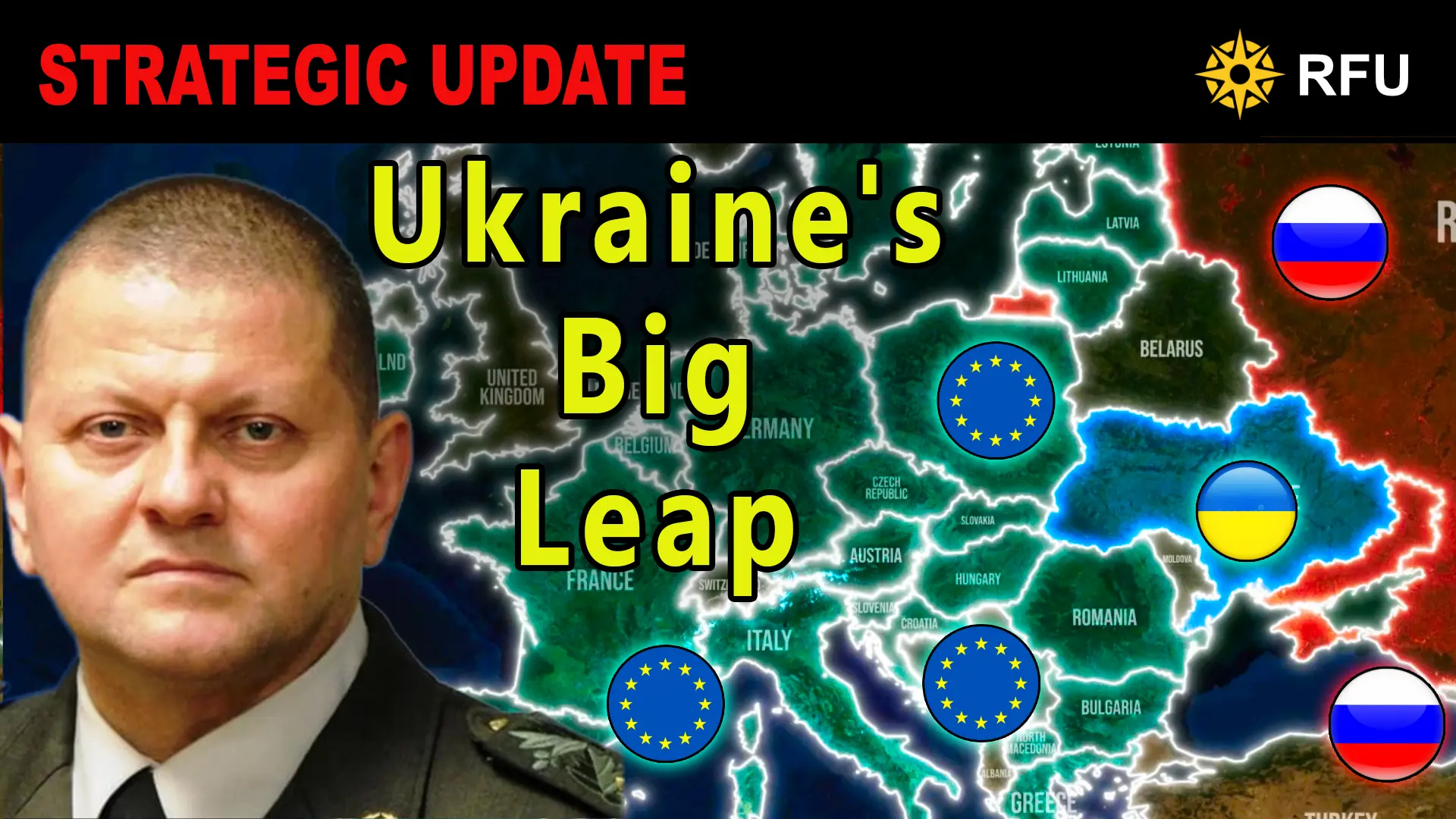
.jpg)
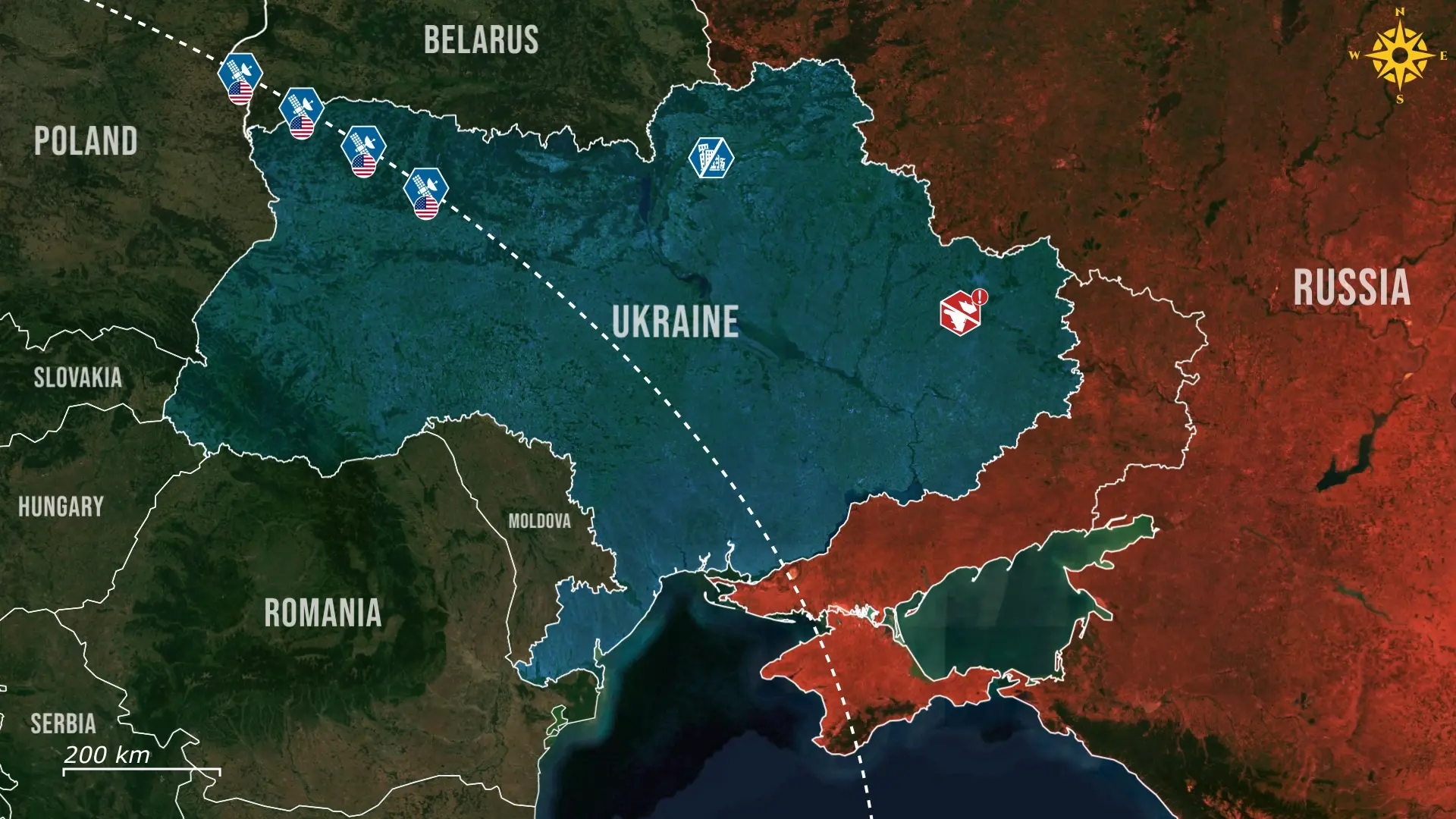
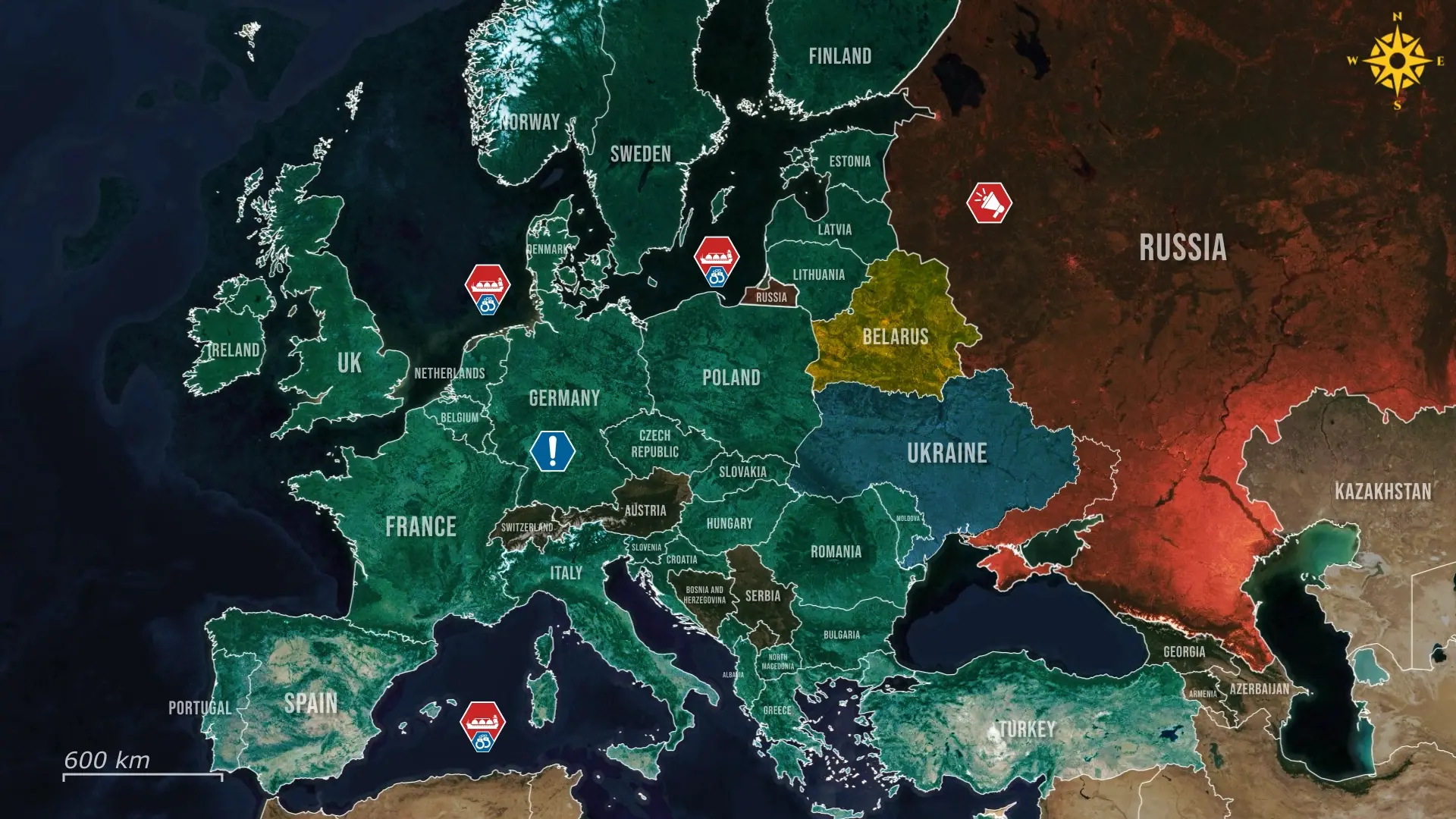
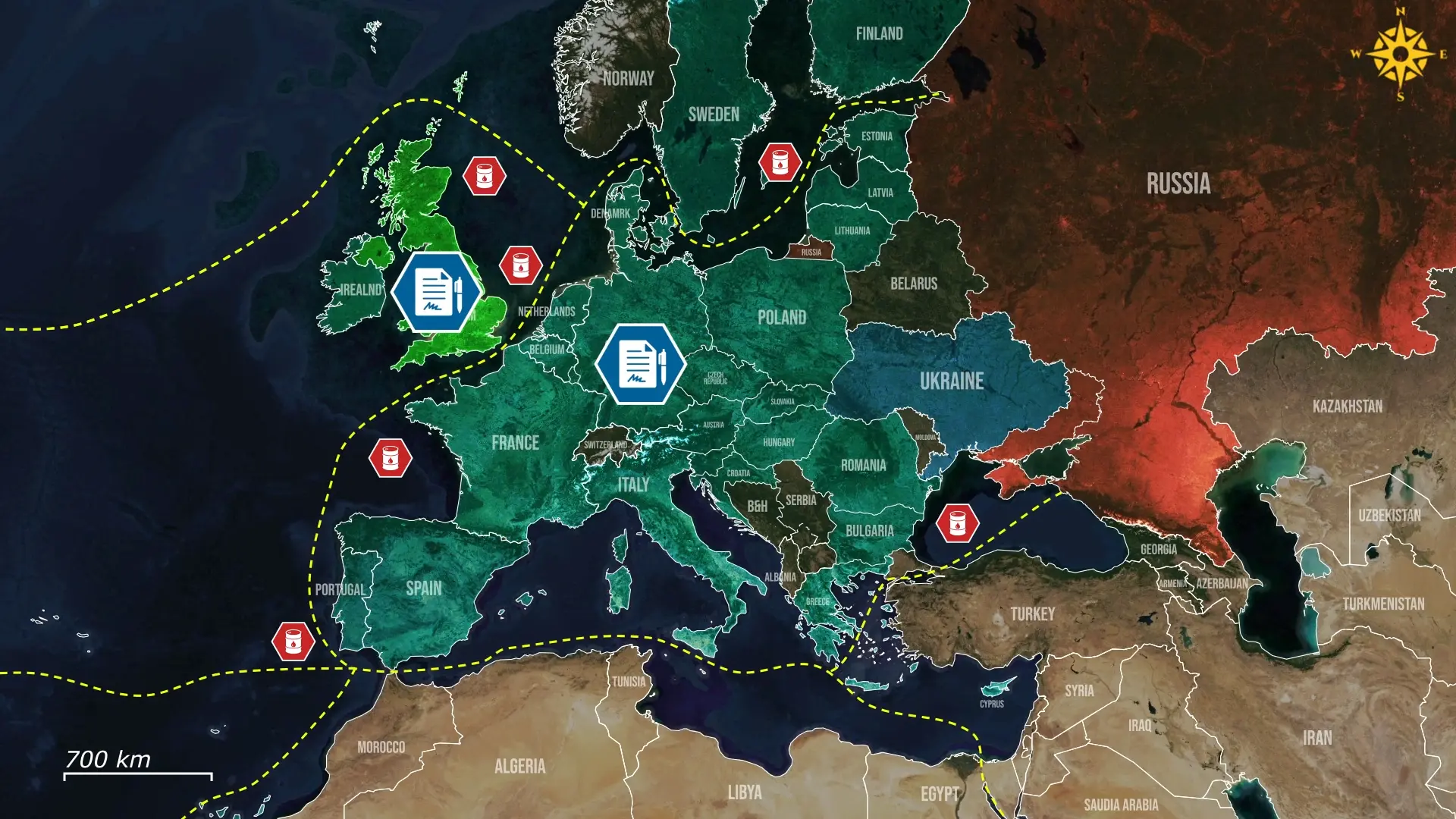
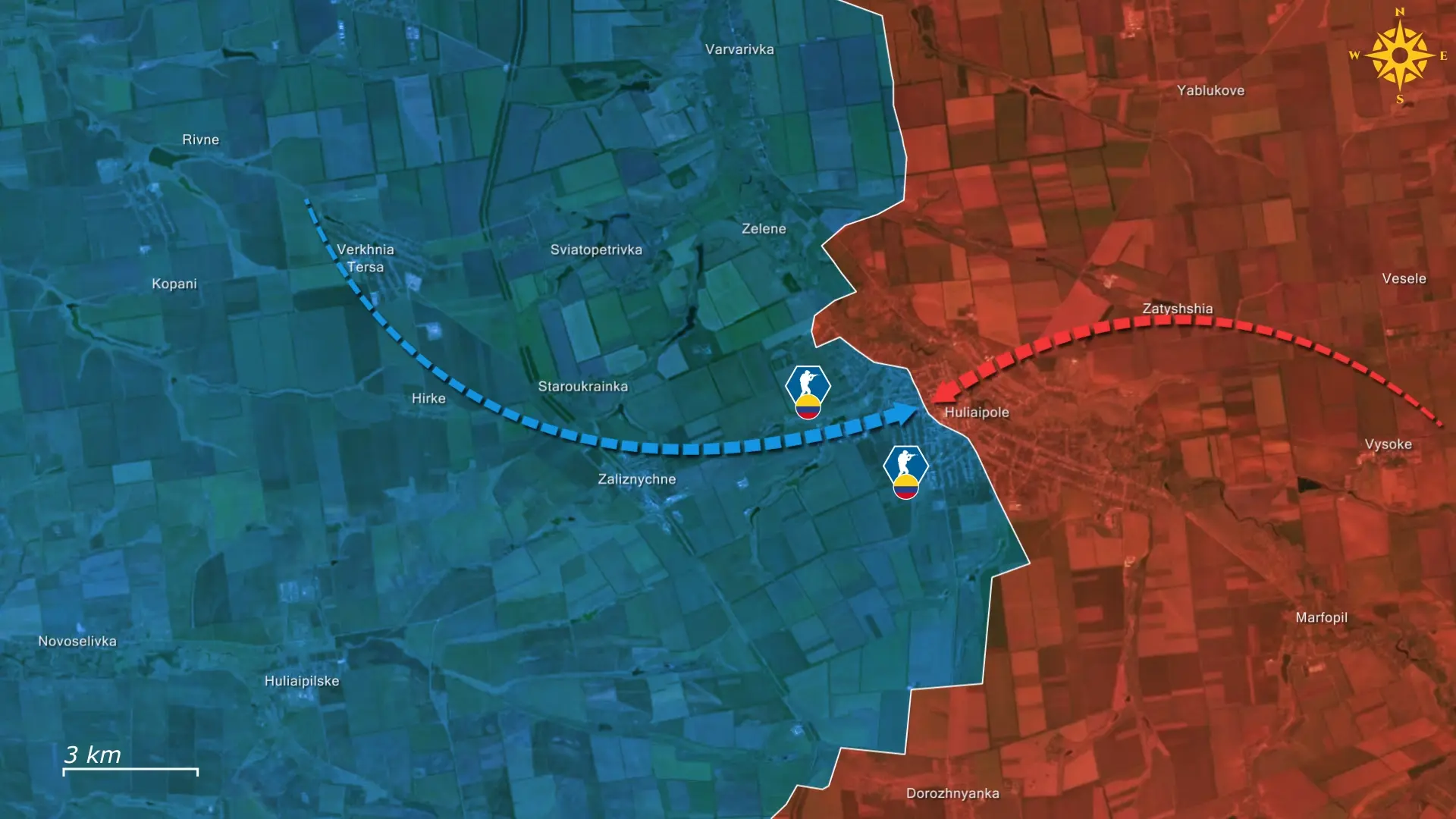

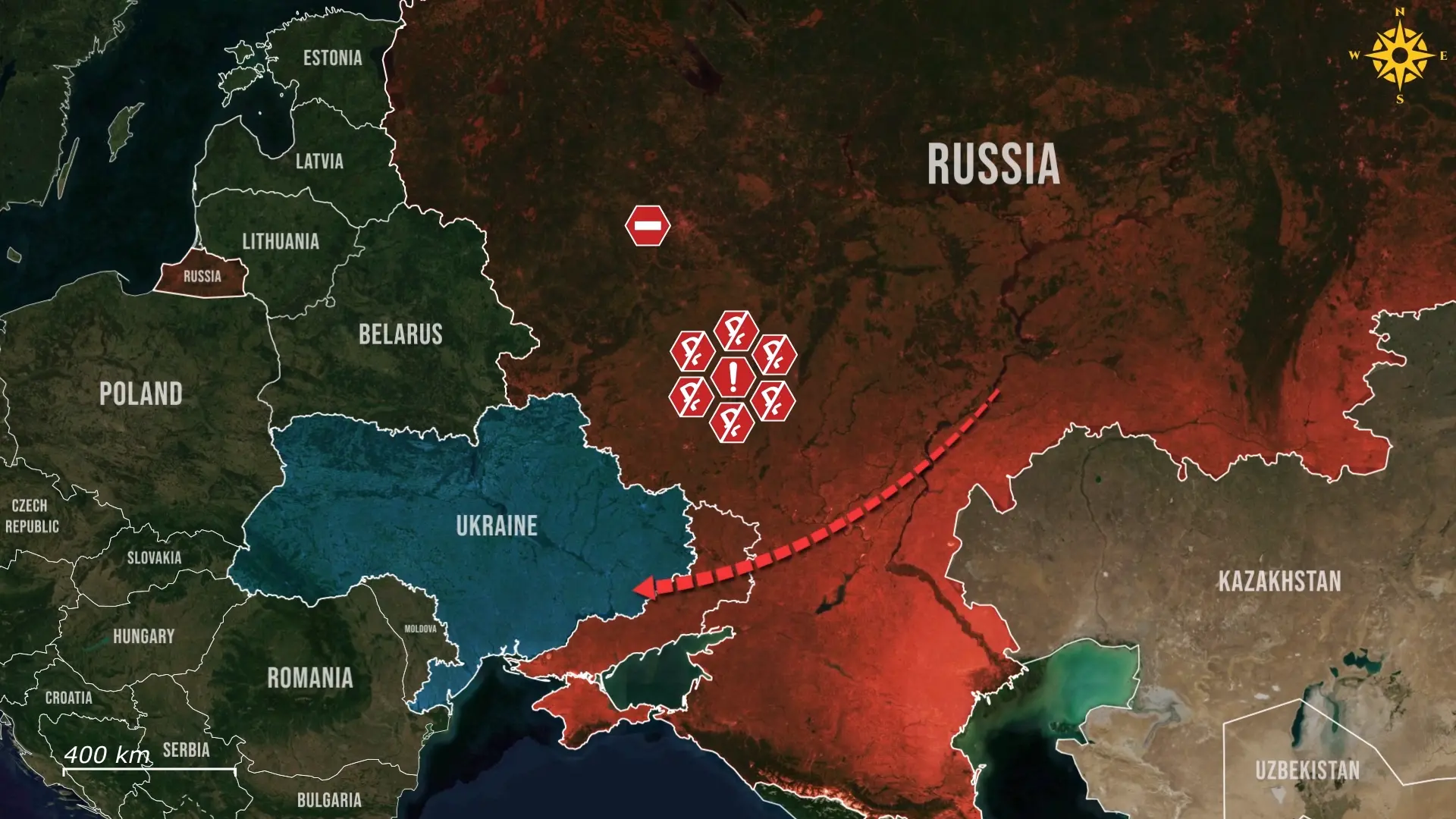
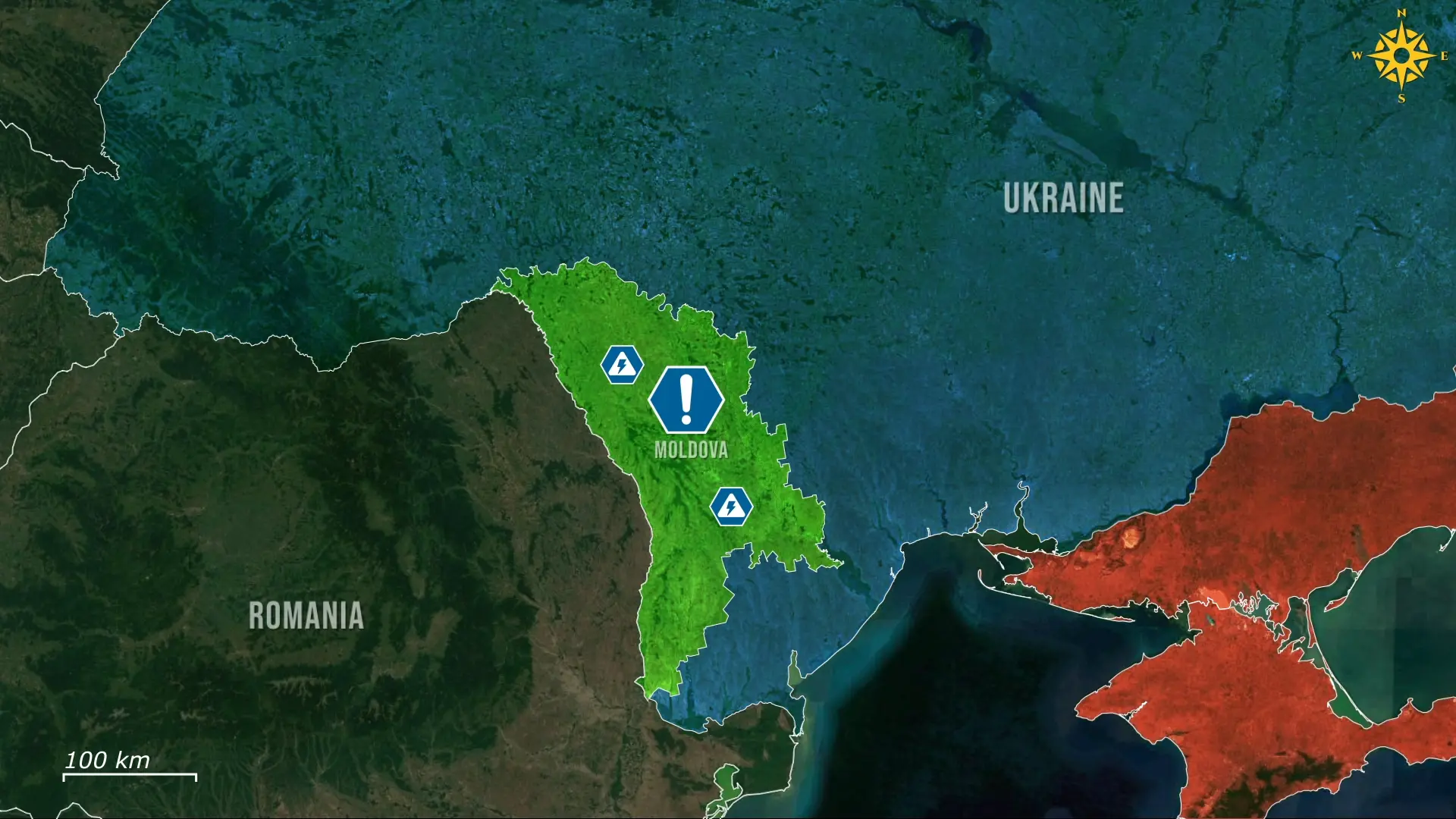
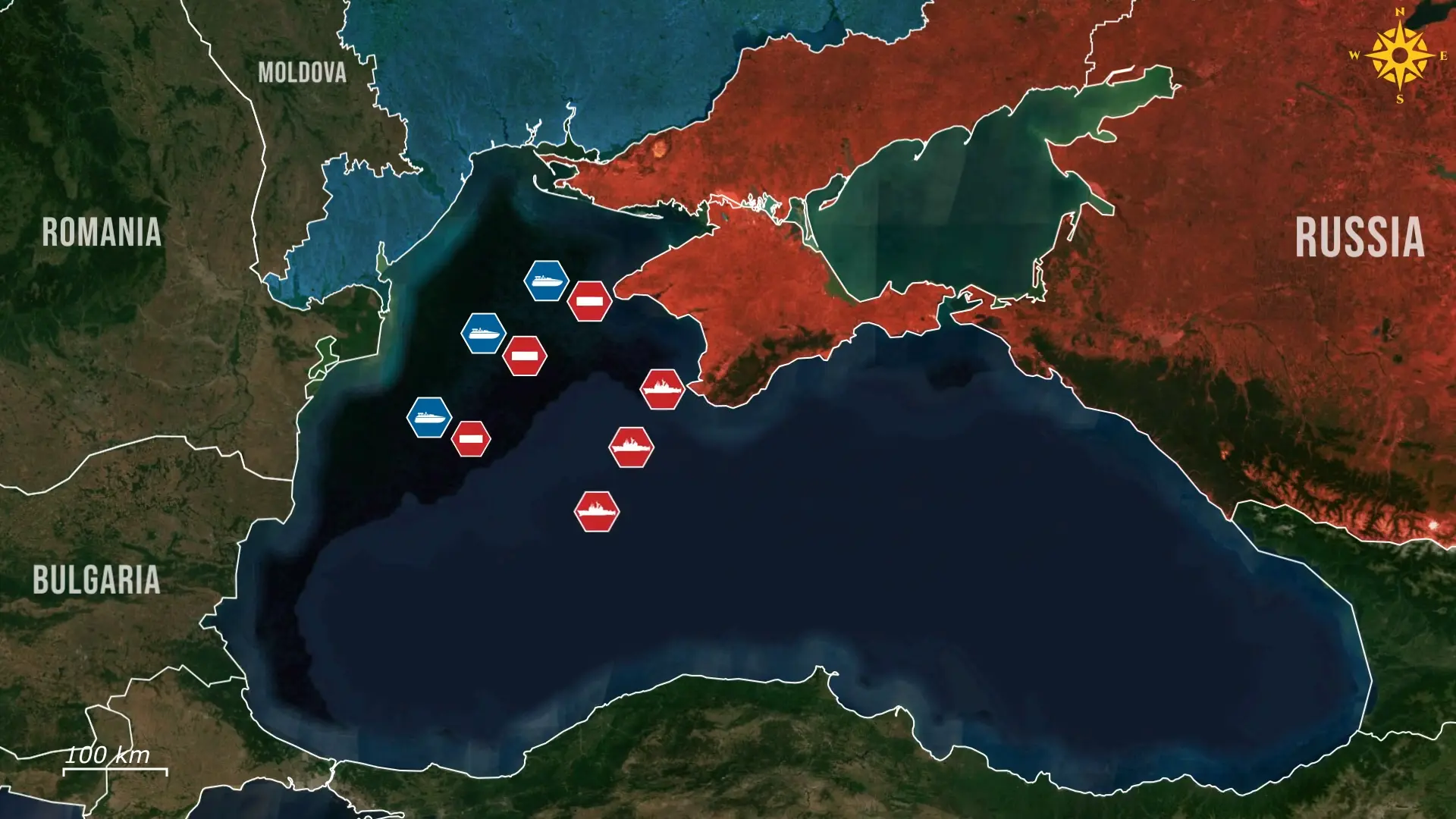
Comments